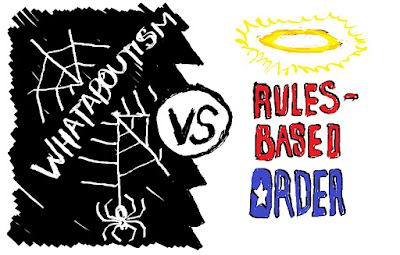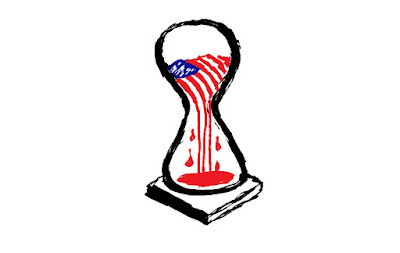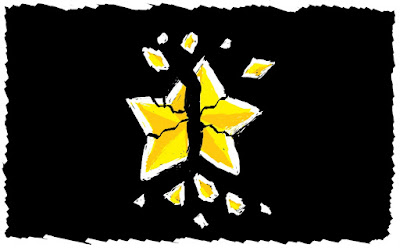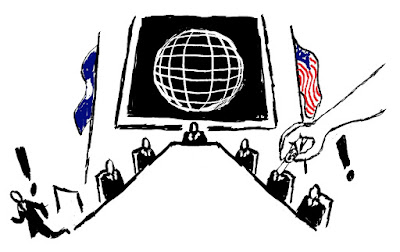Pakistanis may be forced to choose between accepting the imported government that was imposed by the removal of PM Imran Khan, or setting a course into destabilisation as the West’s agents and local traitors use any trick to keep control.
Some commentators such as George Galloway (tweet deleted but I linked it when it was still live, anyway) seemed to suggest there could be some sort of conflict breaking out between the people and the imported government of Shehbaz Sharif. The demand of everyone concerned is just that there should be an election soon, rather than an acute political conflict, but how likely is a peaceful and valid election to happen in a country just recently subjected to US-led regime-change? It seems more likely that protesters would have to fight, just for this modest demand to be met. The question then is, is it really worth it?
State effective at suppressing the people
One must consider that any organised aspect of mass disobedience is always suppressed quickly if the state takes serious action to stop it (this applies in any country). The people themselves are never a sufficient force for regime change (or in this case, restoration), which is only ever orchestrated successfully by people with foreign backing or substantial state-like powers, regardless of how much support they have among everyday citizens.
When people, such as Donald Trump’s supporters in the United States, believe too much in American national founding myths and consequently think that popular disaffection alone can result in regime change, they are invariably disappointed. Real regime change, or even a successful movement, is coordinated by organised actors, whether for good or evil ends.
It is clear that the Shehbaz Sharif government (likely with the blessing of the Democrat-controlled White House) is okay with treating Imran Khan supporters in a repressive way via arrests, much the way Trump's supporters were treated after the Capitol Attack.
Even the most unpopular regimes are able to maintain their grip on power, only really losing it if they cannot maintain the living standards, food supply and necessities that keep the people indebted to their power.
If it were to happen, the only likely regime change or even guarantee of prompt elections in Pakistan would have to probably come from the intervention of the Pakistani Army, who are accused anyway of playing a big role in removing Imran Khan in the first place. And a scenario of the Army or security forces mutinying, even to side with the people, is dangerous, especially considering the possible foreign involvement of the US and its ability to sponsor violence if it does not like such a change of power.
First and foremost, the top concern should be that people of Pakistan should stay safe, even if it results in a puppet regime. It is a difficult moral choice between being a subservient nation for the sake of order and safety, or a defiant nation that could risk chaos and strife.
All stability is precious
Pakistan is by no means exceptionally vulnerable or contemptible, even as a US puppet. Britain is also not its own master, compelled by what are arguably pro-American and pro-European traitors into ignoring the national will or treating it with disdain, as seen with Brexit. It seems to be in our character that we make the choice for stability rather than for confrontation on an insurmountable issue, because people are just more worried about anarchy than injustice, and we have always been this way.
What marks good people apart from the kind of psychopathic warmongers who drive US foreign policy plotters and their coups is the view that stability is a precious oasis in a chaotic world. Order is invaluable to the lives of the vast majority of people, however suffocating the status quo may be to an idealist. US warmongers and Neocons cannot hold such a view, because their distorted morals hold that mass death and misery on any scale and for any duration are justifiable to satisfy their often crazed and anarchistic political demands (which are often based on propaganda and fakes anyway). They are uniquely evil among sentient beings for this reason (the only other faction like this being ISIS, which many Neocons were apologists for in Syria). Responsible players need not be like them, and should instead opt for stability and reconciliation even when their political wishes are not quite met.
Uprisings and acute political conflicts are tolerable only if the alternative is known to be worse. If the imported government in Pakistan creates intolerable conditions for the nation because it places Western masters over the people, then the time is right that the people and state must take risks to save themselves. Until then, everything should just be subjected to a risk-benefit assessment, with any sort of dramatic regime change or restoration being understood to be a dangerous course.


















